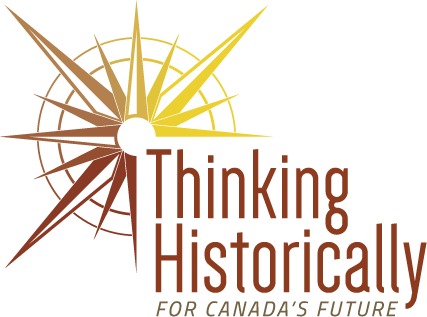Co-Investigators
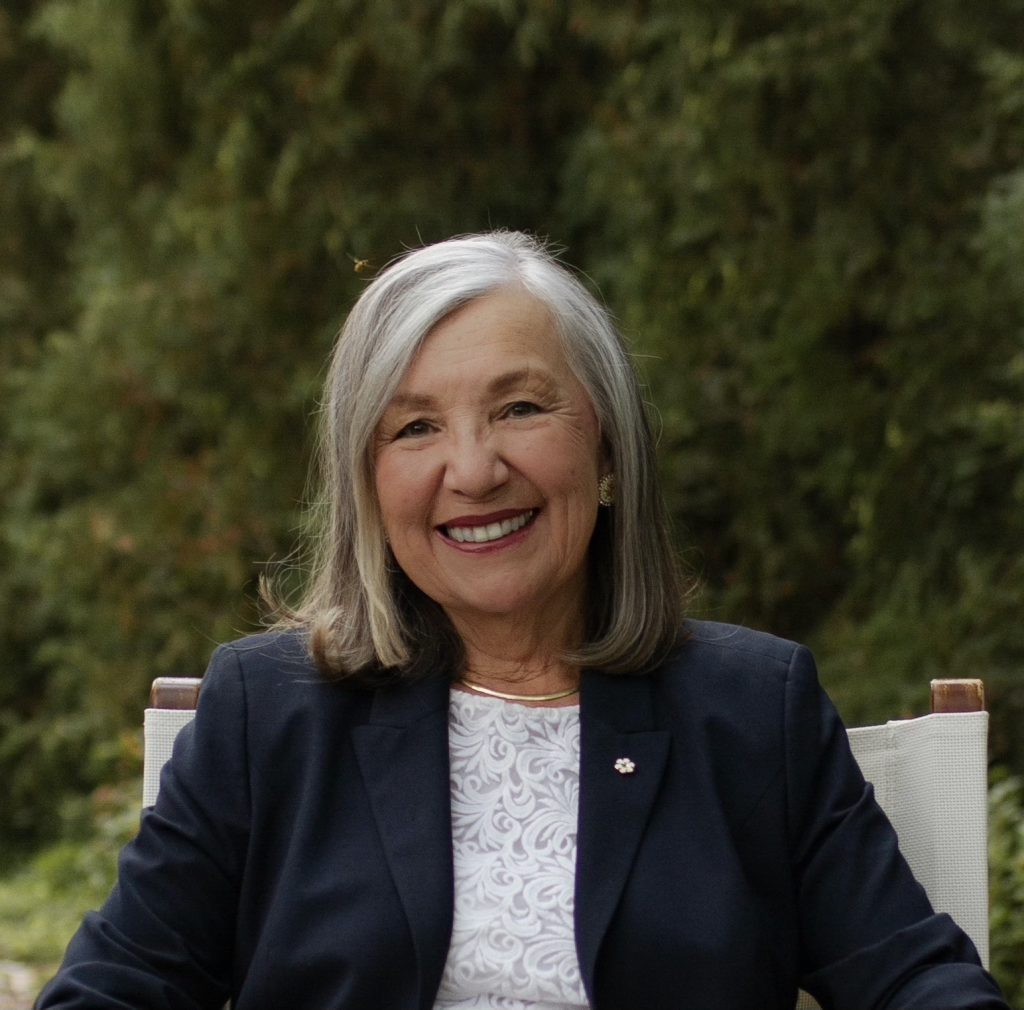
Dr. Marie Battiste
Dr. Marie Battiste is a Mi’kmaw educator of the Potlotek First Nation, Professor Emerita at the University of Saskatchewan, a 2019 Pierre Elliott Trudeau Foundation Fellow, and an Honorary Officer of the Order of Canada. Her passion, research and scholarly work for decolonizing education, protecting Indigenous knowledges, and cognitive justice, through balancing diverse knowledge systems and languages have earned her graduate degrees from Harvard and Stanford Universities, and four honorary degrees from University of Ottawa, Thompson Rivers University, University of Maine, and St. Mary’s University. Marie recently joined Cape Breton University as Special Advisor to Vice President Academic and to Unama’ki College on decolonizing the academy for the academic years 2021-2023.
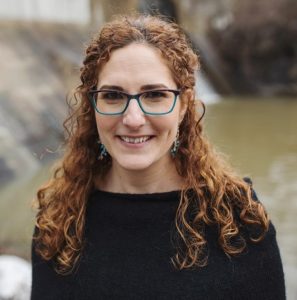
Dr. Marie-Hélène Brunet
Dr. Marie-Hélène Brunet is Assistant Professor in social science and history education at the Faculty of Education of the University of Ottawa since August 2018. Her doctoral thesis focused on the understanding of women’s history by Quebec high school students. She also holds a master’s degree in history. Her research interests relate primarily to history teaching, citizenship education, teacher education, and both history of education and women’s history. Drawing on the concept of historical agency, her current research focuses on the use of historical fiction in the classroom and its potential for understanding asymmetries of power. She is also interested in the use of a pedagogy of discomfort in order to question power relations and more particularly unequal gender representations.
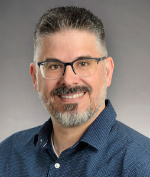
Dr. Michael Cappello
Dr. Michael Cappello is an Associate Professor in the Faculty of Education, University of Regina. As an anti-racist educator, Michael’s work focuses on identifying the racism and colonialism inherent in educational systems while working toward anti-racism, reconciliation, and decolonization. His current research investigates how stakeholders integrate Indigenous perspectives into K-12 policies and practices, and the role of school administrators in meaningfully supporting reconciliation in schools.

Dr. Theodore Christou
Dr. Theodore Christou is a Professor of Social Studies and History Education at Queen’s University. He is the Associate Dean of Graduate Studies and Research in the Faculty of Education with Cross-Appointments to the Departments of History and Cultural Studies. Theodore is a poet, authoring several books in poetry. He is active in the service of the Canadian Foundations of Education and he is the past editor of multiple journals, including the Canadian Journal of Education, the Journal of the Canadian Association of Curriculum Studies, and Antistasis.
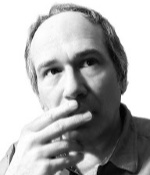
Dr. Marc-André Ethier
Dr Marc-André Ethier est professeur au Département de didactique, Faculté des sciences de l’Éducation, Université de Montréal collabore en général avec Lefrançois. Les grands conseils de la recherche ont financé ses recherches sur le matériel didactique et les programmes d’études, le développement, par les élèves, des compétences liées à la pensée historienne et à l’AC, ainsi que la nature des compétences disciplinaires des enseignants en exercice et leur transposition en classe. Avec Boutonnet, Demers et Lefrançois, il pilote une recherche (CRSH) sur la façon dont les élèves utilisent le matériel didactique (incluant les jeux vidéos sérieux) et les effets de cet usage sur le développement de la pensée historienne et de l’AC. Il est rédacteur en chef de la Revue des sciences de l’Éducation.
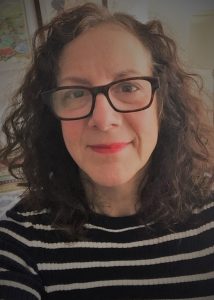
Dr. Rose Fine-Meyer
Dr. Rose Fine-Meyer is a Senior Lecturer in the Masters of Teaching (MT) program at OISE, University of Toronto. Her academic training is in the history of curriculum and history education (PhD 2012) focusing on women as political and educational actors in history curriculum and pedagogy during the twentieth century. Current publications focus on the precariousness of women’s voices within school history curricula in Ontario and social studies/ history teacher pedagogical practices with place/space based learning. Drawing on histories of colonialism, identity, and collective memory, her current research, supported by a SFRG OISE grant, also explores public history education and digital media, engaging graduate students in community partnerships to initiate change. Working with educators across Canada, she recently completed work as historical editor for a series of history textbooks in Nova Scotia (2021). On a community level, she takes on a number of roles: as president of the Ontario Heritage Fairs Association (OHFA), as executive member of the Ontario Women’s History Network (OWHN) and is a recipient of several awards, such as co-founder of HerstoriesCafe (2012), The Queen Elizabeth II Diamond Jubilee Medal (2012) and the Governor General’s Award for Excellence in Teaching Canadian History (2007).

Dr. Lucy Fowler
Lucy Fowler, PhD, is a Two-Spirit Métis woman, born and raised in Winnipeg, Manitoba. Lucy is a community organizer, involved in a variety of local and national groups, including as the chair of the Two-Spirit Michif Local of the Manitoba Métis Federation. Lucy is Co-Editor of Pawaatamihk: Journal of Métis Thinkers, and an Assistant Professor in the Faculty of Education at the University of Manitoba, with a research and teaching focus on Métis youth identity, Indigenous education, queer theory, hip-hop pedagogies, and youth cultures.
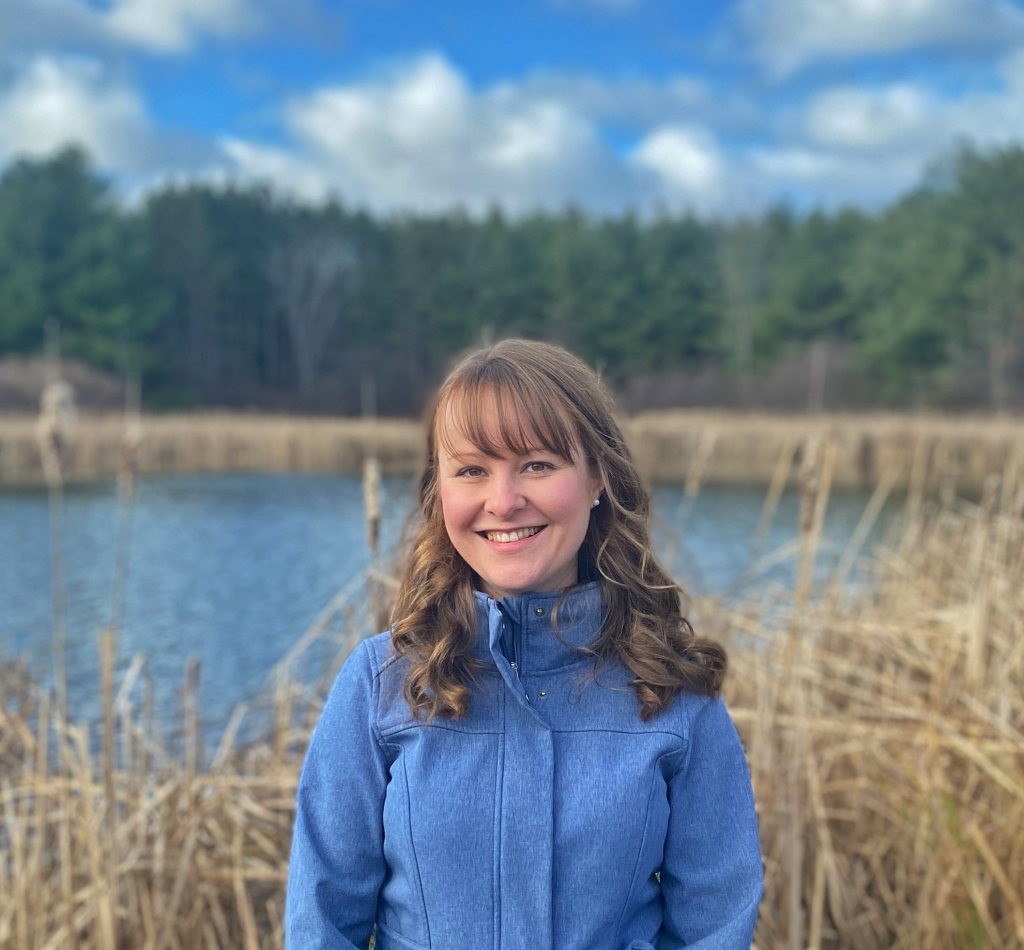
Dr. Sara Karn
Dr. Sara Karn is a Postdoctoral Fellow for Thinking Historically for Canada’s Future, based at McMaster University. She received her PhD from Queen’s University, and her research focuses on historical empathy within history education in Canada. Sara’s research, publishing, and teaching spans the fields of historical thinking, experiential learning, and environmental and climate change education. She is also a certified K-12 teacher in Ontario and has taught environmental education courses for preservice teachers.
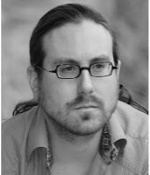
Dr. David Lefrançois
Dr. David Lefrançois is a professor of Education Sciences (Université du Québec en Outaouais). His research and publications examine school program content and the methods used to teach and assess learning in elementary and secondary social sciences teaching.

Dr. John Sutton Lutz
Dr. John Sutton Lutz is a professor in the History Department at the University of Victoria with a research focus on Pacific Northwest from the 1770s to the 1970s, a keen in interest in digital tools and a passion for teaching. He is a founding co-director of the Great Unsolved Mysteries in Canadian History project.
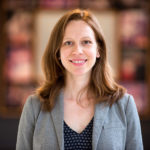
Dr. Heather McGregor
Dr. Heather McGregor is an Assistant Professor of Curriculum Theory in the Faculty of Education at Queen’s University. Her research and publishing portfolio spans the fields of Arctic and Indigenous education, historical thinking and historical consciousness, and teaching history in the Anthropocene. Whatever her focus, Dr. McGregor maintains a commitment to, and curiosity about, decolonizing approaches to teaching, learning and research.

Dr. Nicholas Ng-A-Fook
Dr. Nicholas Ng-A-Fook is a Professor of Curriculum Theory at the University of Ottawa. His research specializes in life history and curriculum studies. He draws on life writing research (autobiography, ethnography, oral history, and narrative inquiry) to collaborate on different educational history projects Indigenous and first-generation immigrant communities. He is committed toward addressing the 94 Calls to Action put forth by the Truth and Reconciliation Commission in partnership with the local Indigenous and school board communities. He has co-published several award-winning books such as, but not limited to: Oral History and Education: Theories, Dilemmas, and Practices. He currently hosts the Fooknconversation podcast, where he interviews colleagues about their scholarly work in relation to their lived experiences inside and outside of our university classrooms and research.

Dr. Kevin O’Neill
Dr. Kevin O’Neill has a background in Learning Sciences, and has been working with Vancouver-area history teachers on classroom-based research for nearly two decades, primarily in relation to technology-enhanced history curriculum. A primary goal of this work has been improving students’ epistemological conceptions in the domain of history.
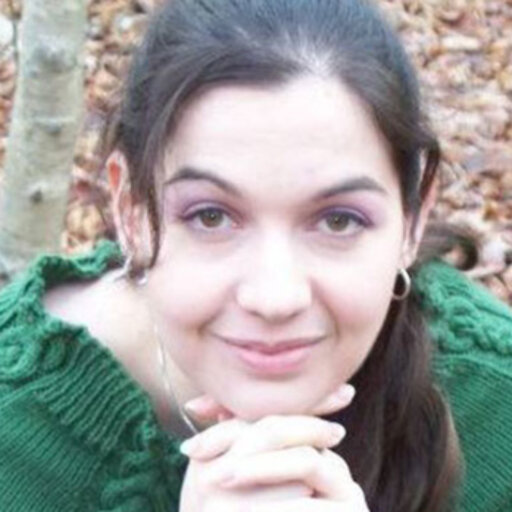
Dr. Laurie Pageau
Dr. Laurie Pageau is a guest professor at the Université du Québec à Chicoutimi (UQAC). She is also a mentor at Canada’s History Virtual Historical Thinking Institute. She completed her doctorate at Université Laval (Québec) under the supervision of Professors Jean-François Cardin (ULaval) and Catherine Duquette (UQAC). She taught history at secondary level for 6 years. Her doctoral research was aimed at understanding the influence of students’ epistemological understanding of history on their potential for success on the provincial exam. Her master’s thesis focused on the causes of student failure on the ministerial history exam.
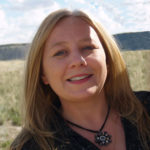
Dr. Jennifer Pettit
Dr. Jennifer Pettit is the Dean of Arts and Professor of History and Indigenous Studies at Mount Royal University. Jennifer’s research interests are concerned primarily with education and government policy for Indigenous peoples and land-based learning. She is also a research director for the Great Unsolved Mysteries in Canadian History project, recipient of the Pierre Berton Award.
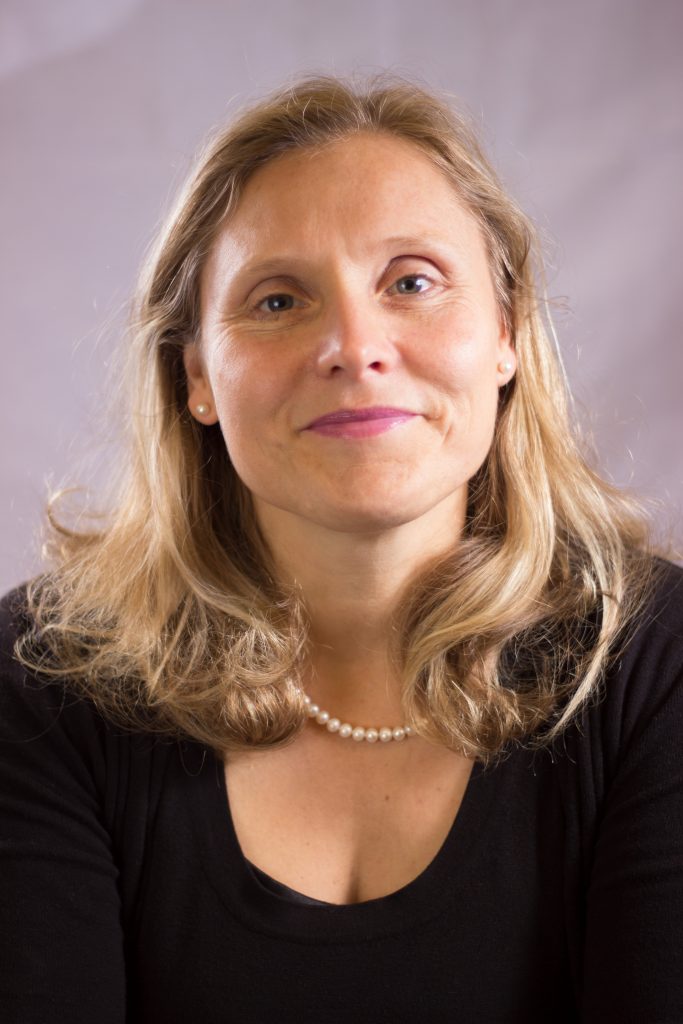
Dr. Ingrid Mara Robinson
Dr. Ingrid Mara Robinson is an Assistant Professor in the Faculty of Education at St. Francis Xavier University. She teaches undergraduate and graduate level courses in the areas of Social Studies education and educational leadership and administration. Her research interests include culturally relevant pedagogy, Indigenous educational leadership, and Social Studies education.
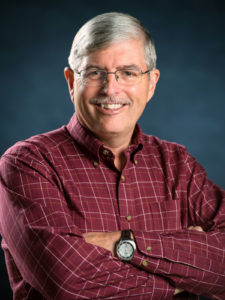
Dr. Alan Sears
Dr. Alan Sears is an Honorary Research Professor in the Faculty of Education at the University of New Brunswick. He has been an educator for more than 40 years teaching at all levels from grade 2 to graduate school. Alan’s research and writing have been in the fields of social studies, citizenship education, history education, religion and education, and educational policy. Alan has directed three national studies of citizenship education in Canada and contributed to several large-scale international comparative studies in the field. He has coauthored or co-edited six academic books, and a school textbook for grade six in Alberta. He has also published more than 75 peer reviewed articles and book chapters. From 2014-2018, Dr. Sears was Editor of the international journal Citizenship Teaching and Learning.
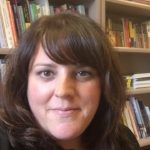
Dr. Jennifer Tinkham
Dr. Jennifer Tinkham is currently an Assistant Professor of Social Studies Education at Acadia University. She has published several journal articles and book chapters about Mi’kmaw education in Nova Scotia, counter-narratives in Canadian history and rural school closures. Jennifer is a former elementary teacher and has been working in Social Studies Teacher Education since 2006.
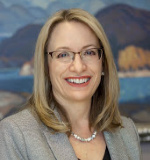
Dr. Jennifer Tupper
Dr. Jennifer Tupper received her Bachelor of Education in 1994, and her PhD in 2004 from the University of Alberta. She earned an MA in Education from the University of British Columbia in 1998 with a focus on Curriculum Studies. She has been a high school teacher in Edmonton, a curriculum consultant in Alberta and Saskatchewan, a teacher educator, an associate dean and dean at the University of Regina, and is currently Dean at the University of Alberta. Her research in citizenship education, treaty education, and anti-colonial education has been broadly shared and taken up by educators around the world.
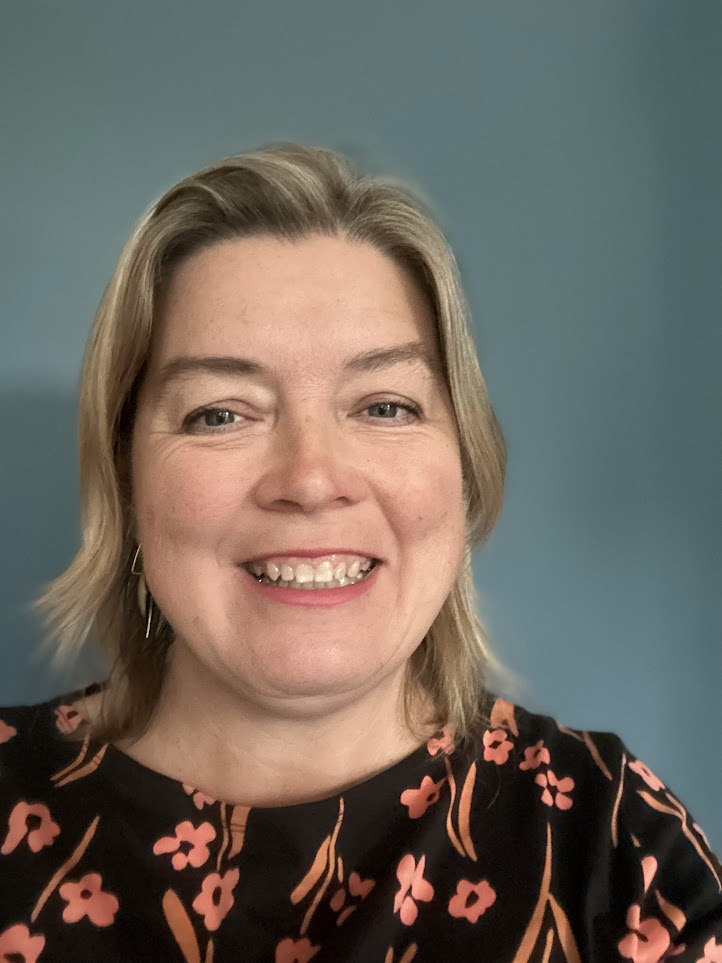
Dr. Paula Waatainen
Dr. Paula Waatainen is a professor (unranked) in the Faculty of Education at Vancouver Island University. She received her EdD in Educational Research in the Learning Sciences from the University of Calgary in 2022. Her dissertation research was the first phase in an ongoing design-based research study on designing more authentic assessments of citizenship competencies. Her research and teaching interests relate to the power of situating Social Studies learning in real-world problems, processes, and places. In 2018 and 2019, she and her colleague, Dr. Teresa Farrell, led place-based learning field schools in the Fraser Canyon. She is one of the writers of the current BC Social Studies curriculum and taught secondary Social Studies for 21 years before moving to VIU in 2016. Dr. Waatainen brings expertise in citizenship education, assessment design, and teacher education to the work of Thinking Historically.
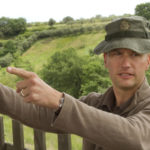
Dr. Lee Windsor
Dr. Lee Windsor holds the Fredrik S. Eaton Chair in Canadian Army Studies at the University of New Brunswick at the Gregg Centre for the Study of War and Society. He works alongside Cindy Brown and Blake Seward on the Gregg Centre’s War and the Canadian Experience Teachers Professional Development Program.
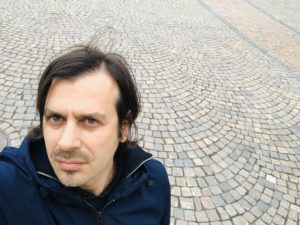
Dr. Paul Zanazanian
Dr. Paul Zanazanian is an Associate Professor in the Department of Integrated Studies in Education at McGill University. His research focuses on examining the links between historical consciousness and the construction of knowledge, history practitioners’ social and pedagogical positioning; and issues of identity, agency, and community development and vitality.
